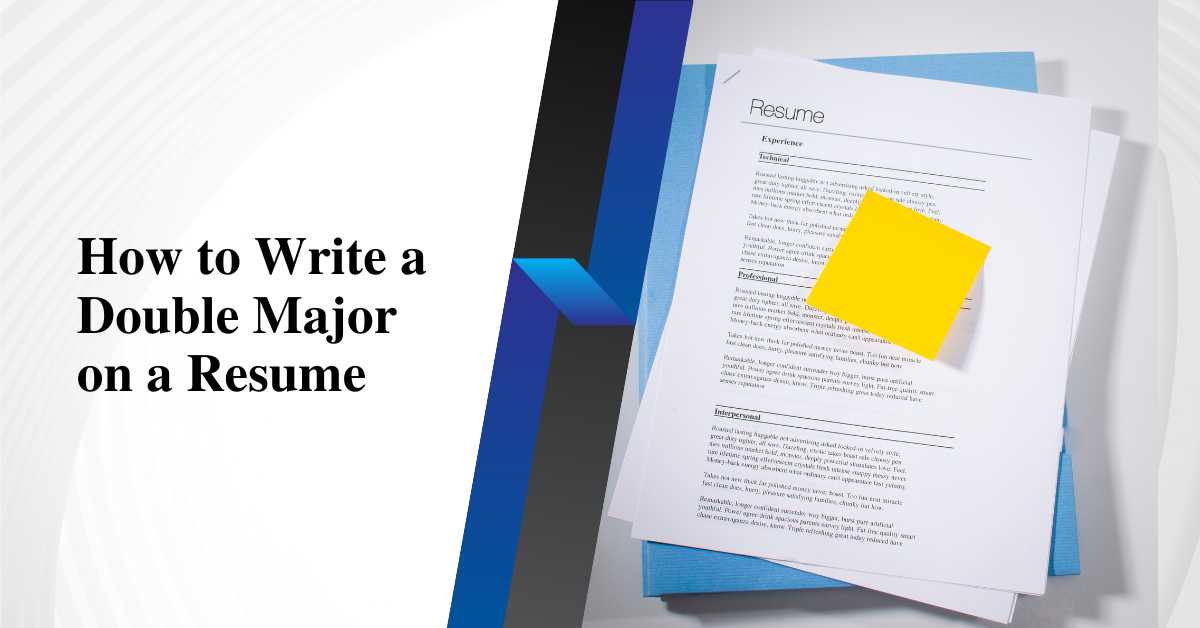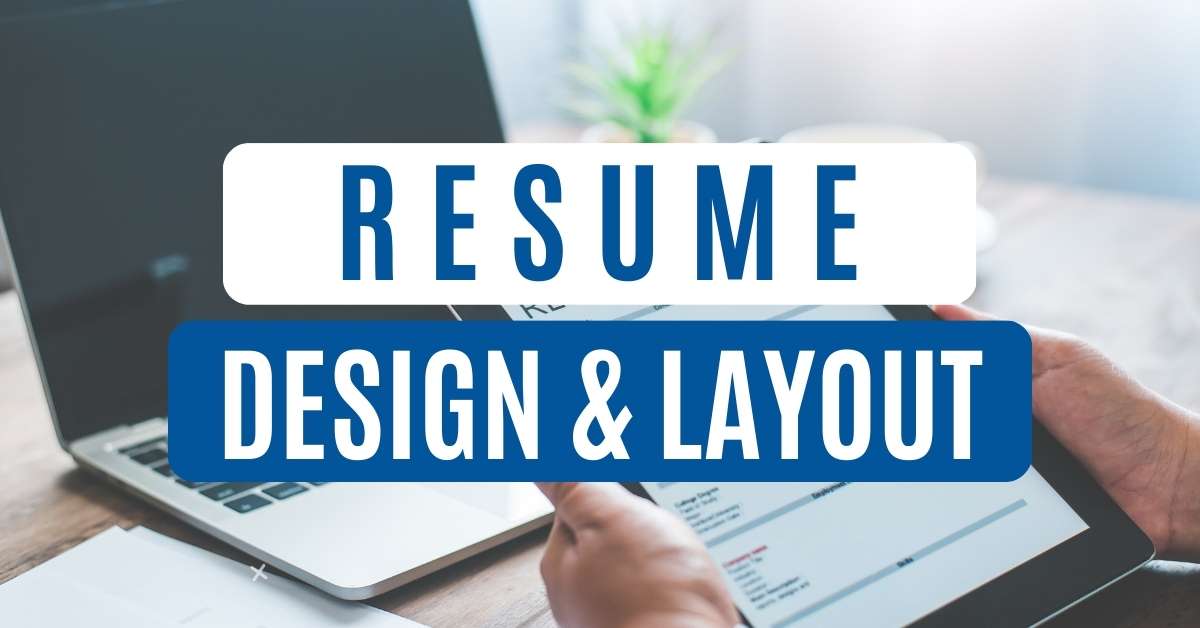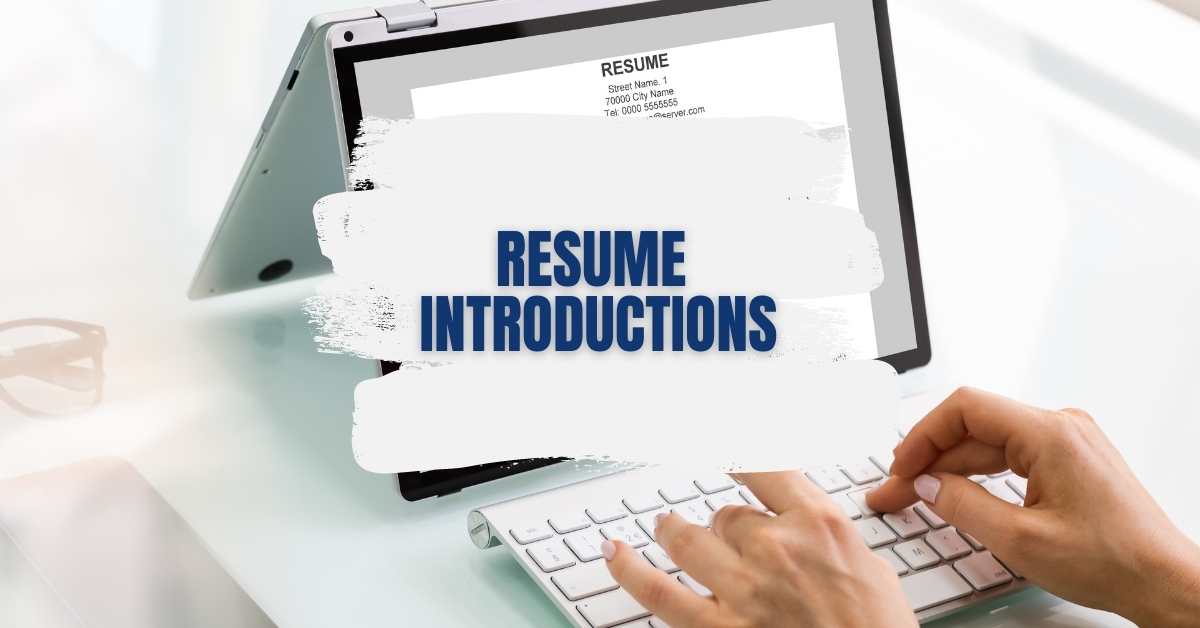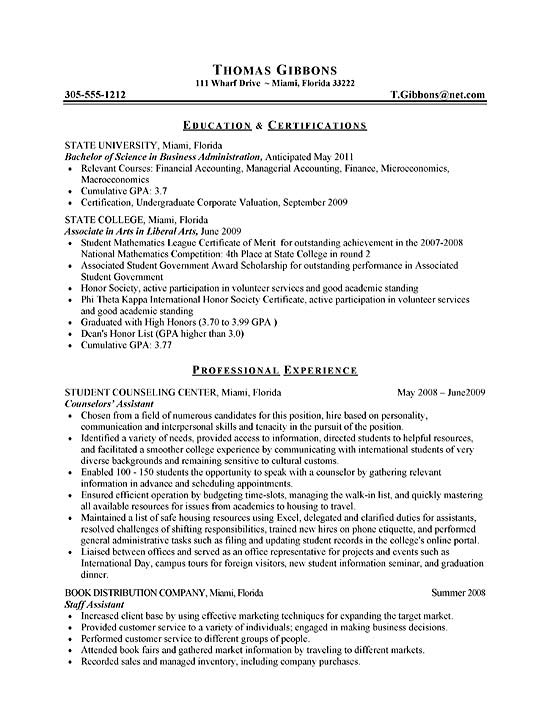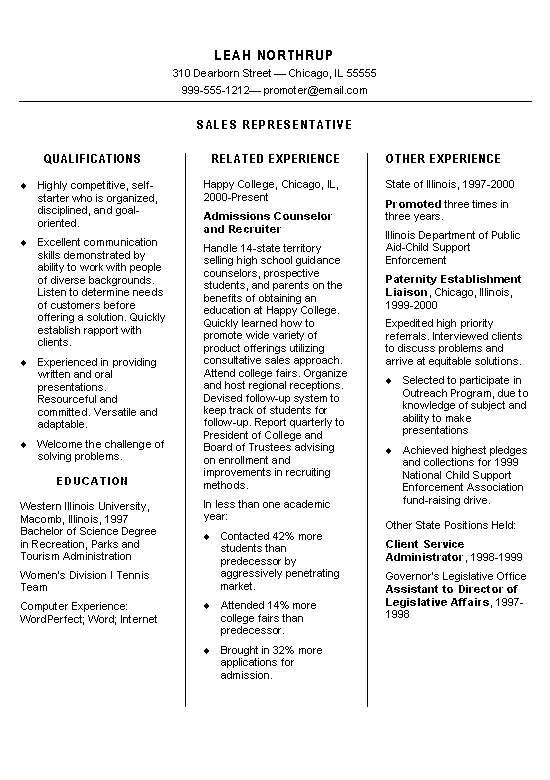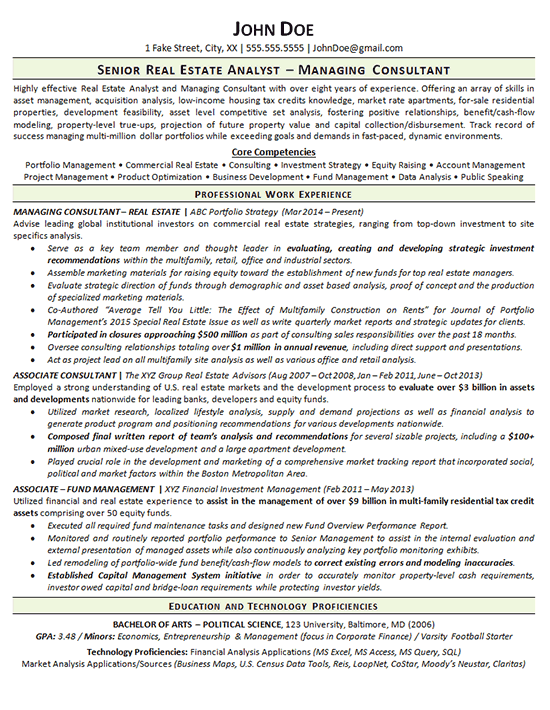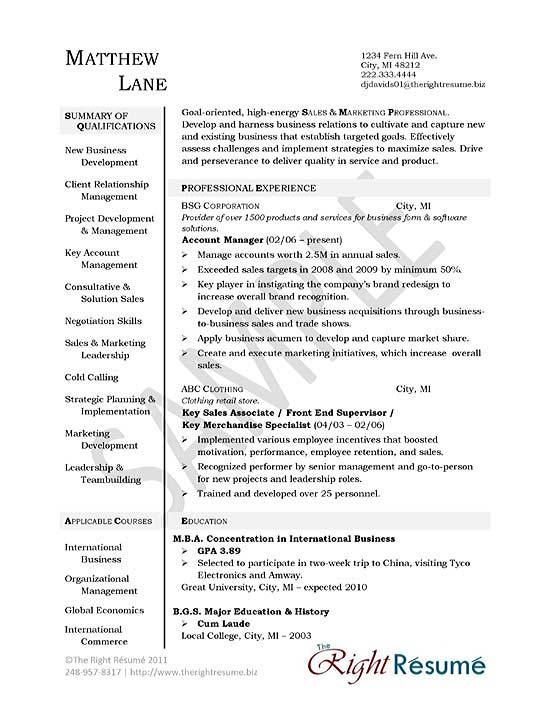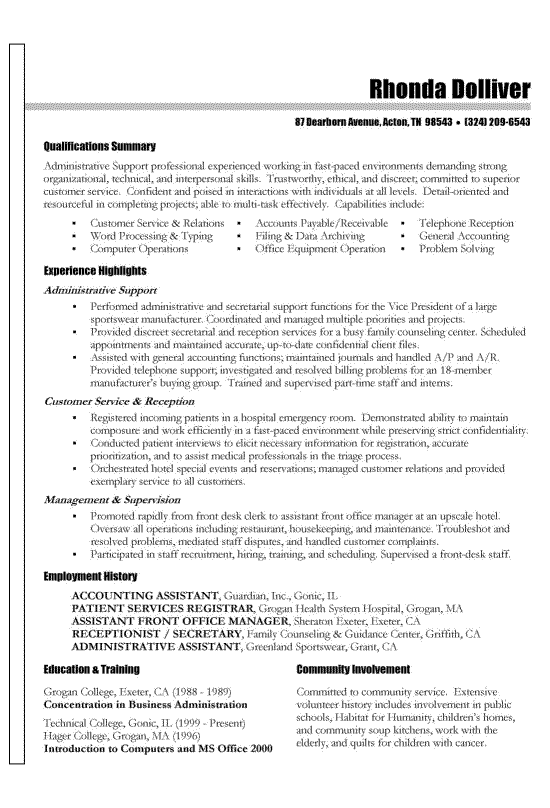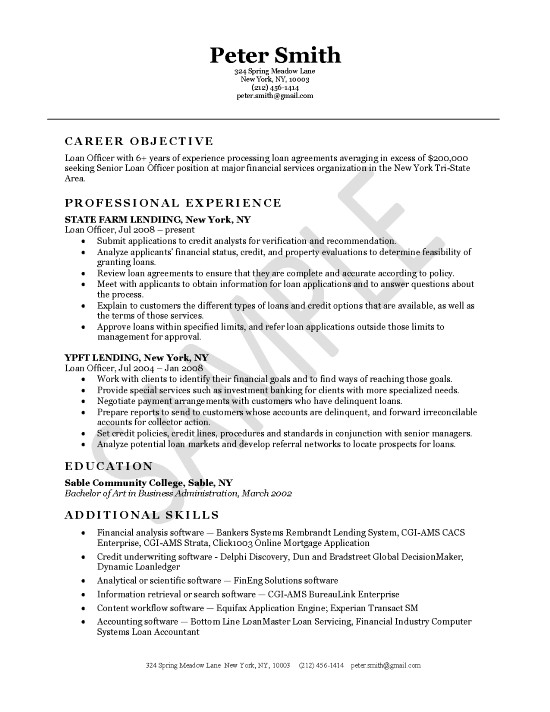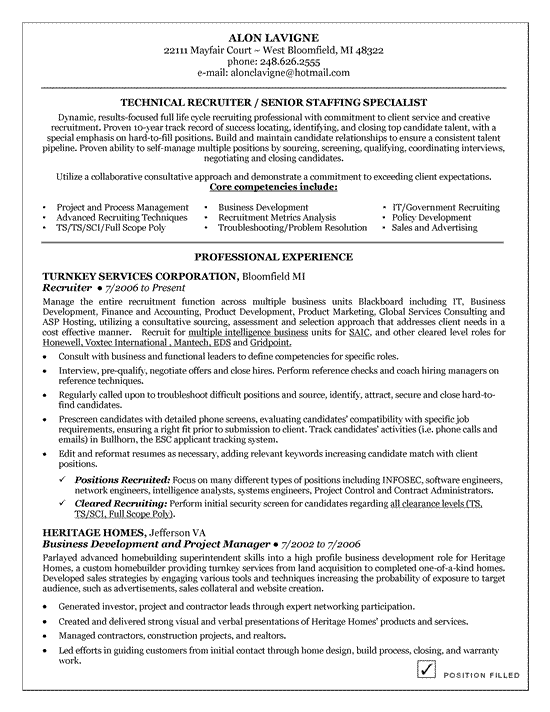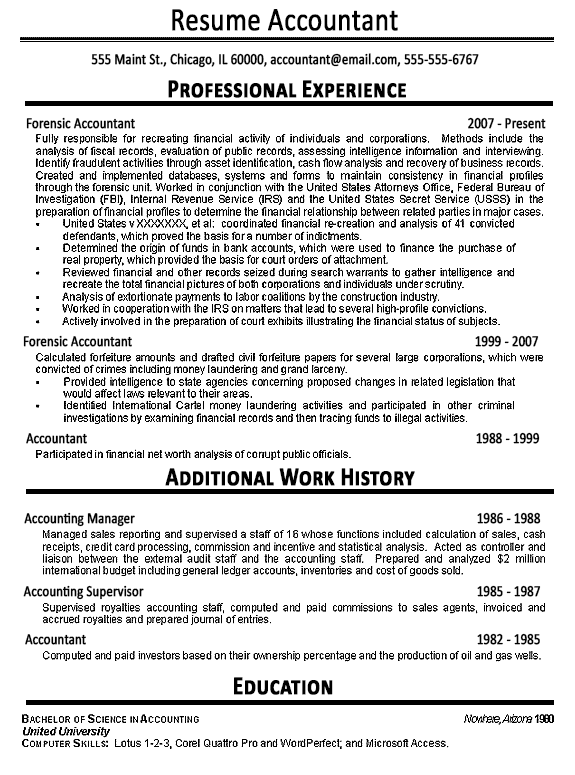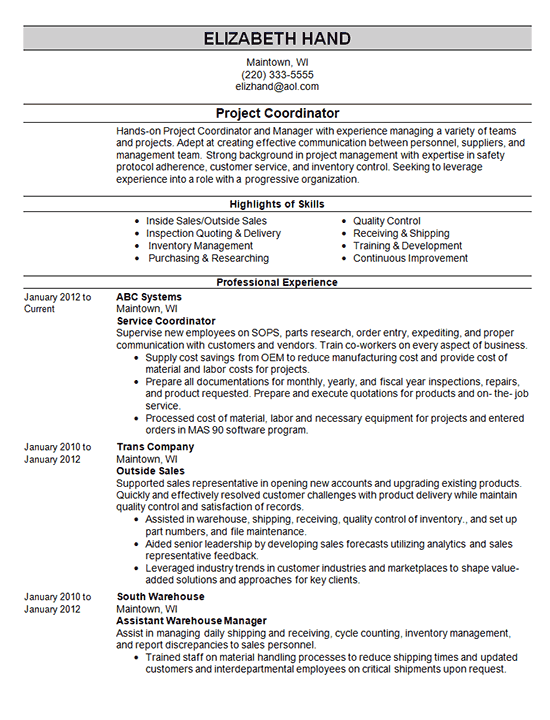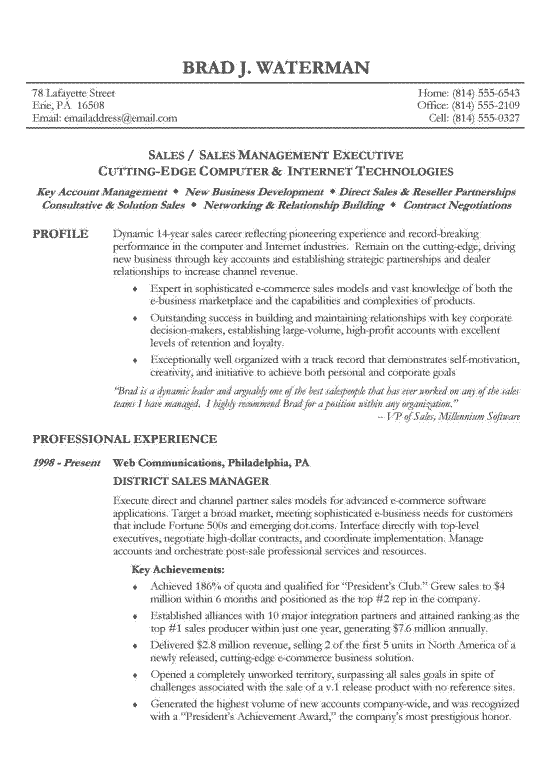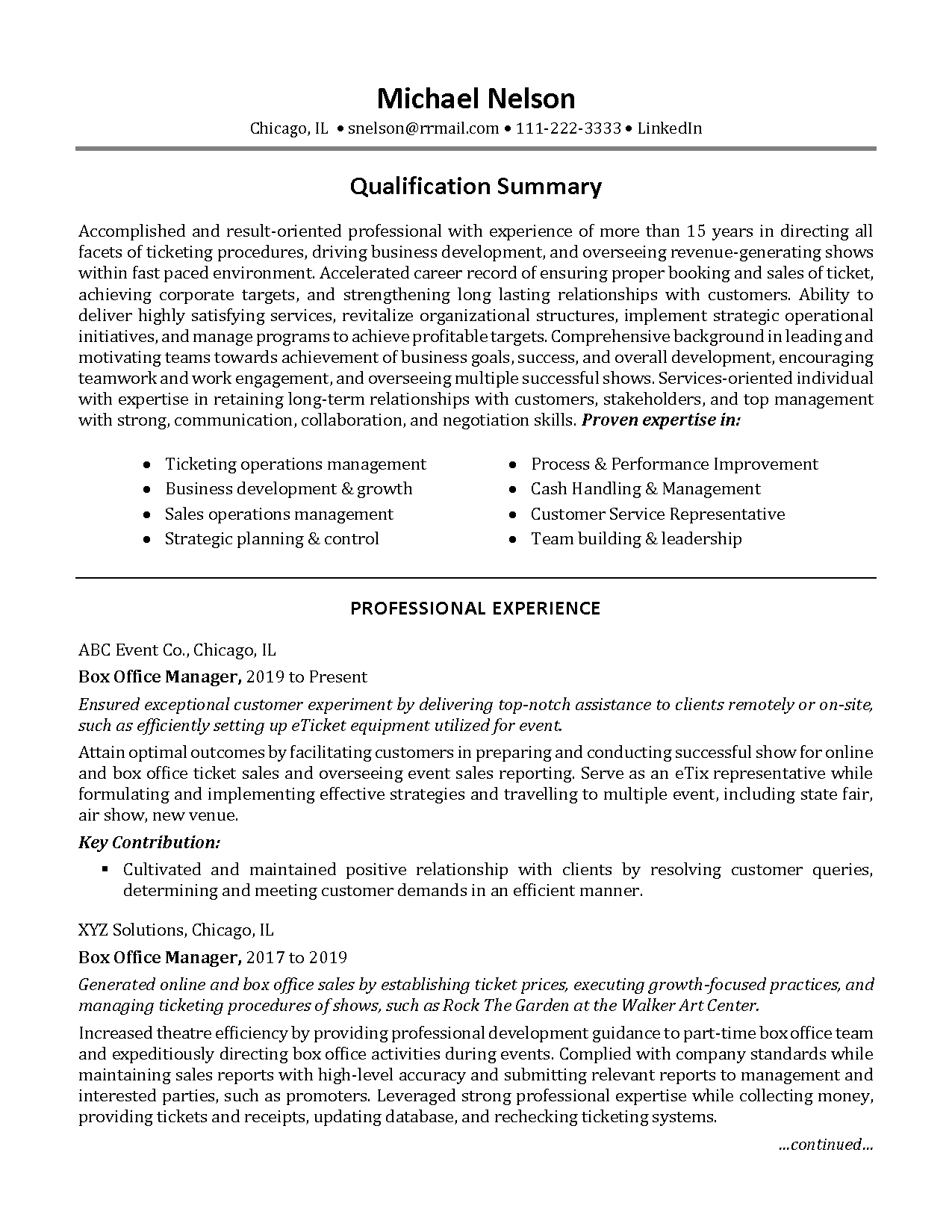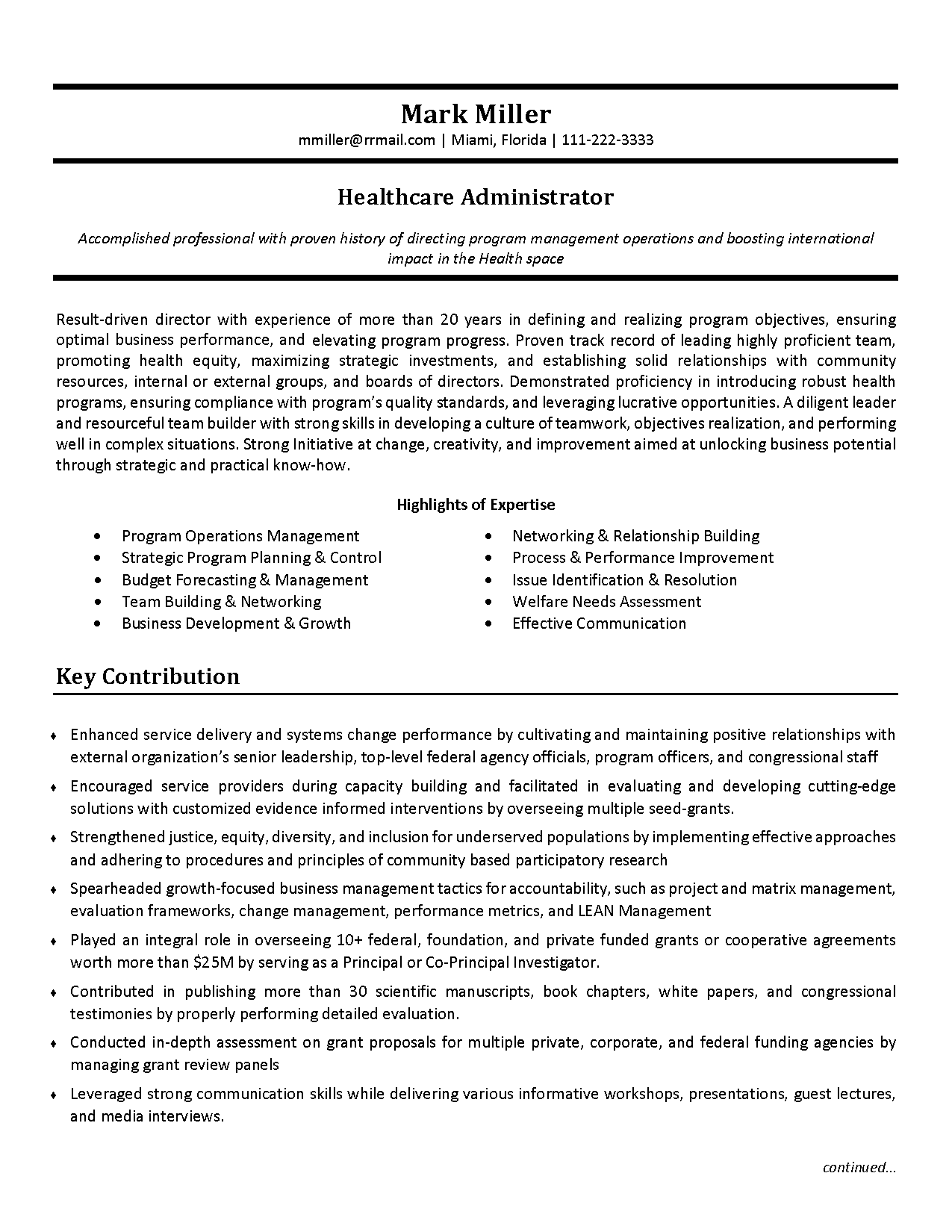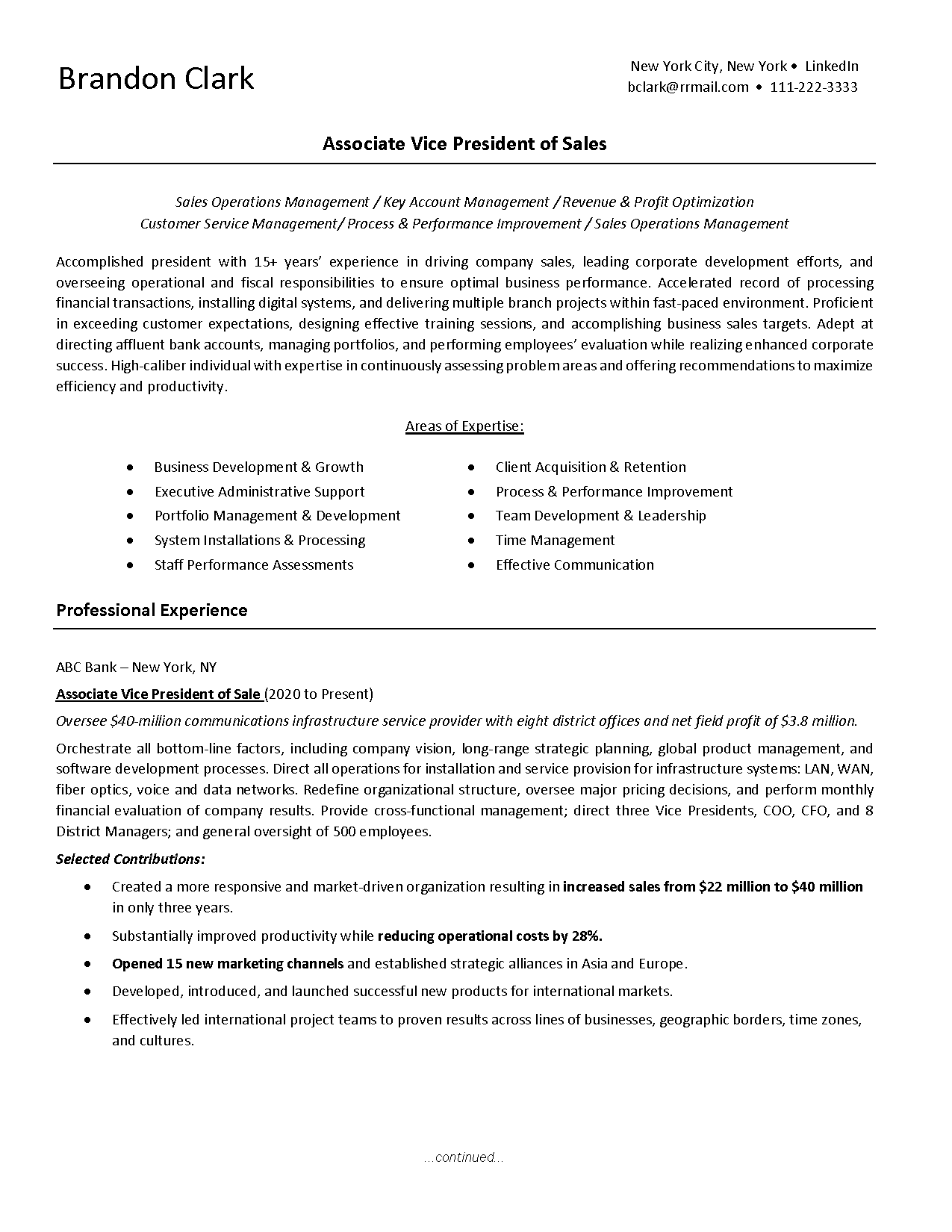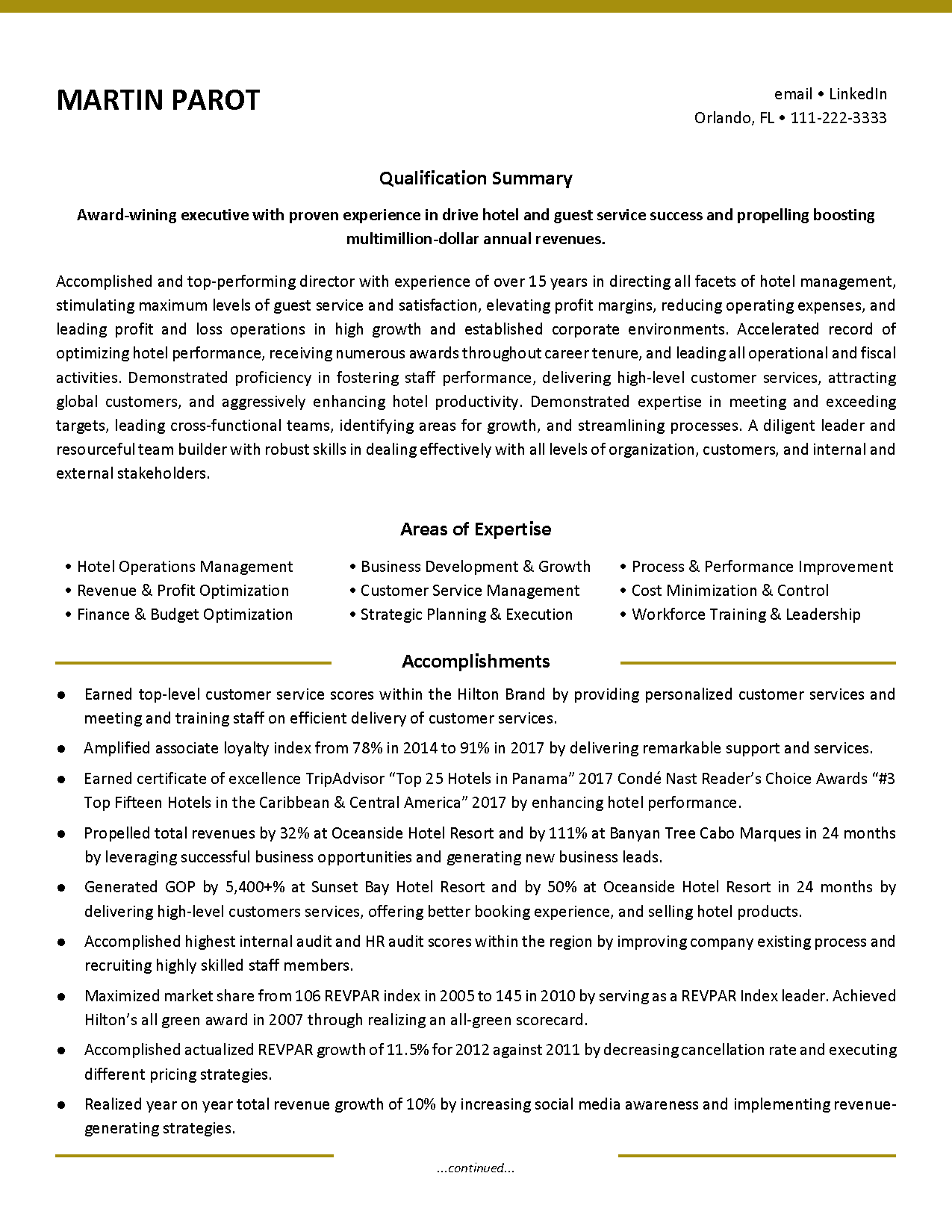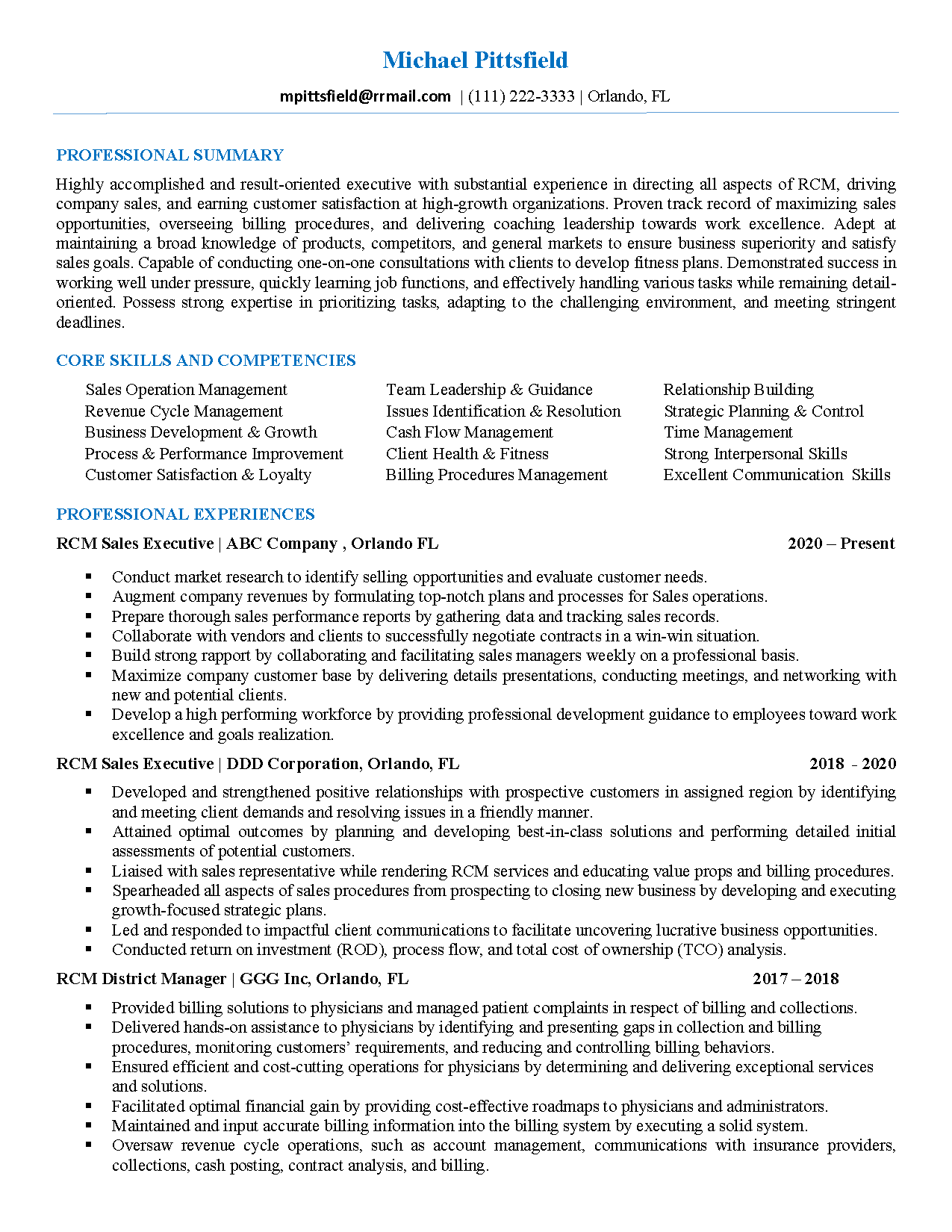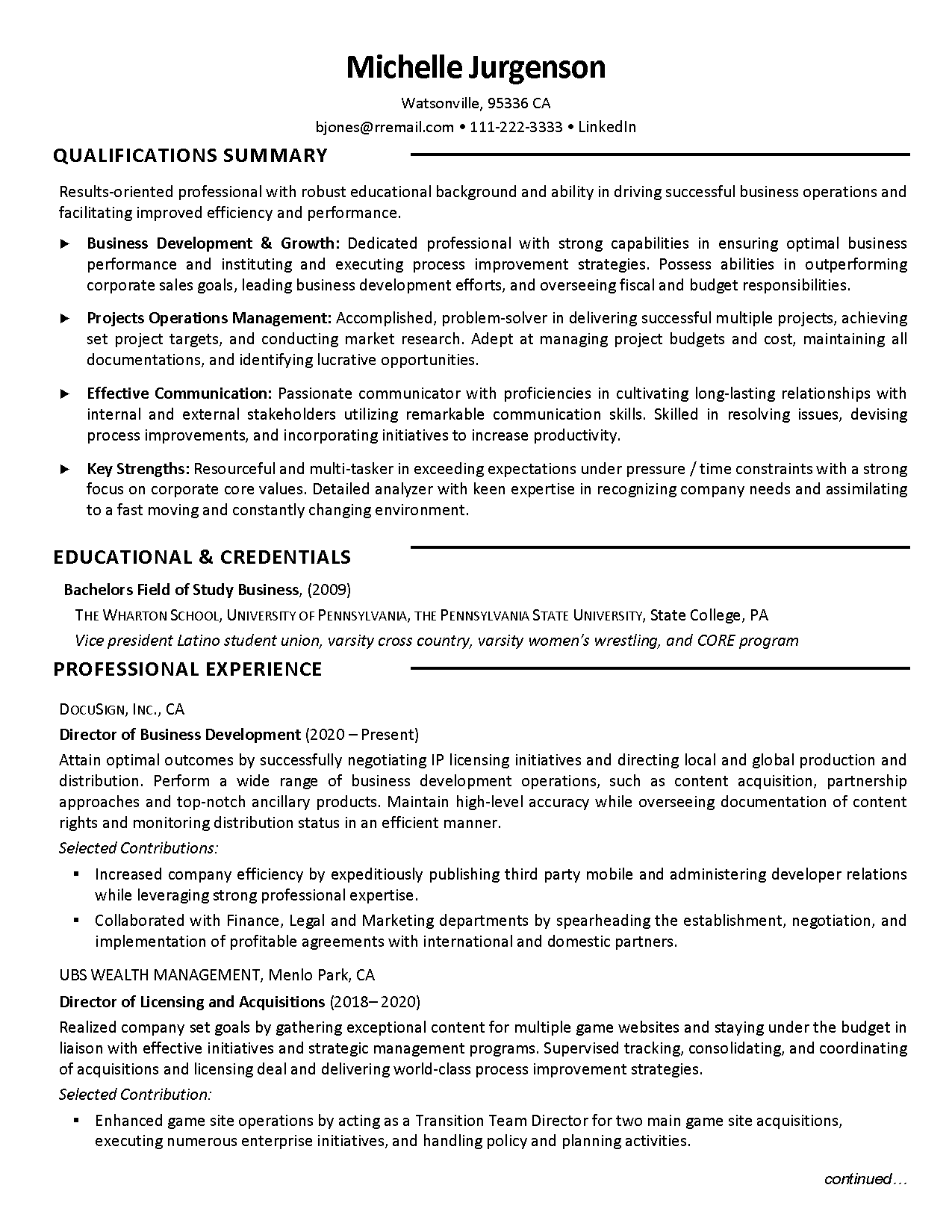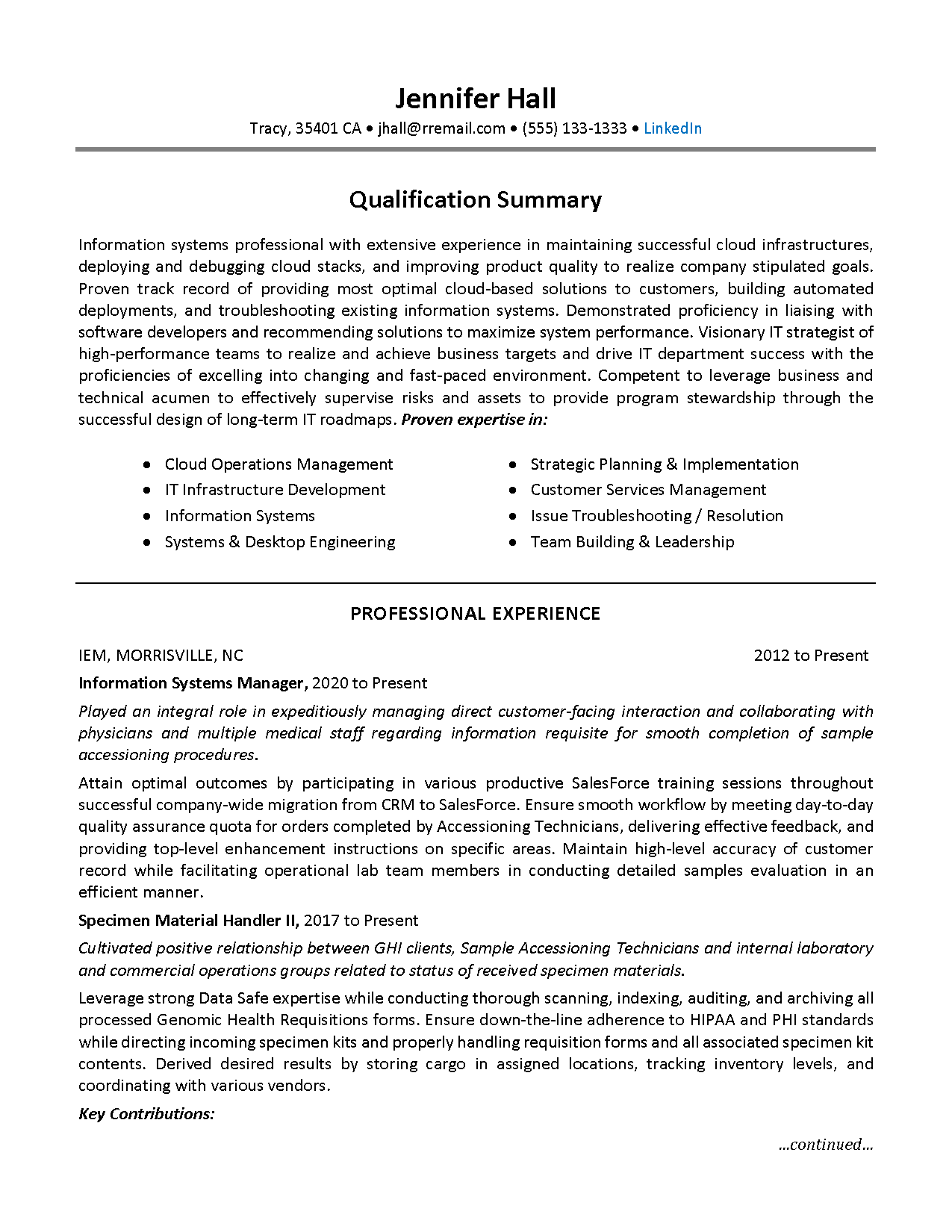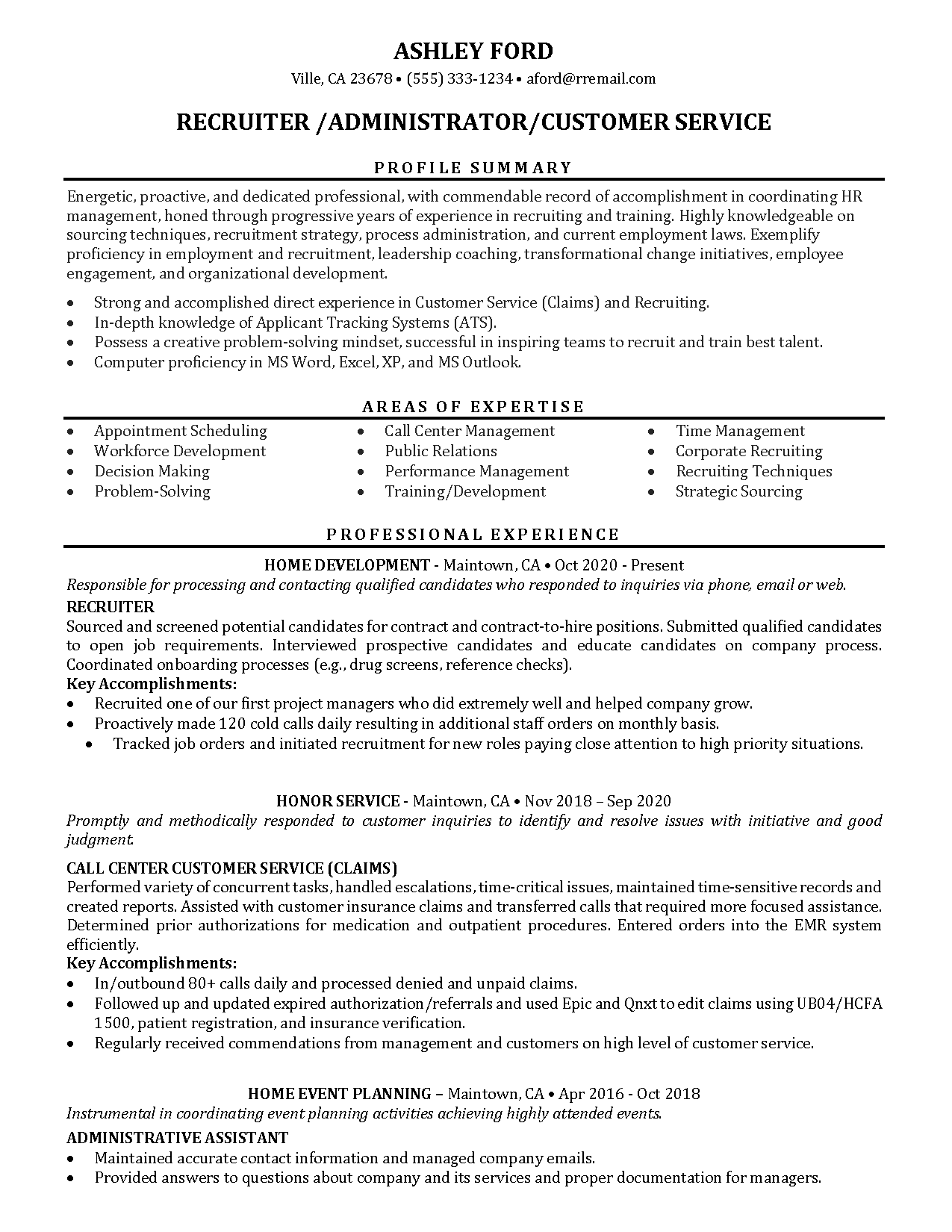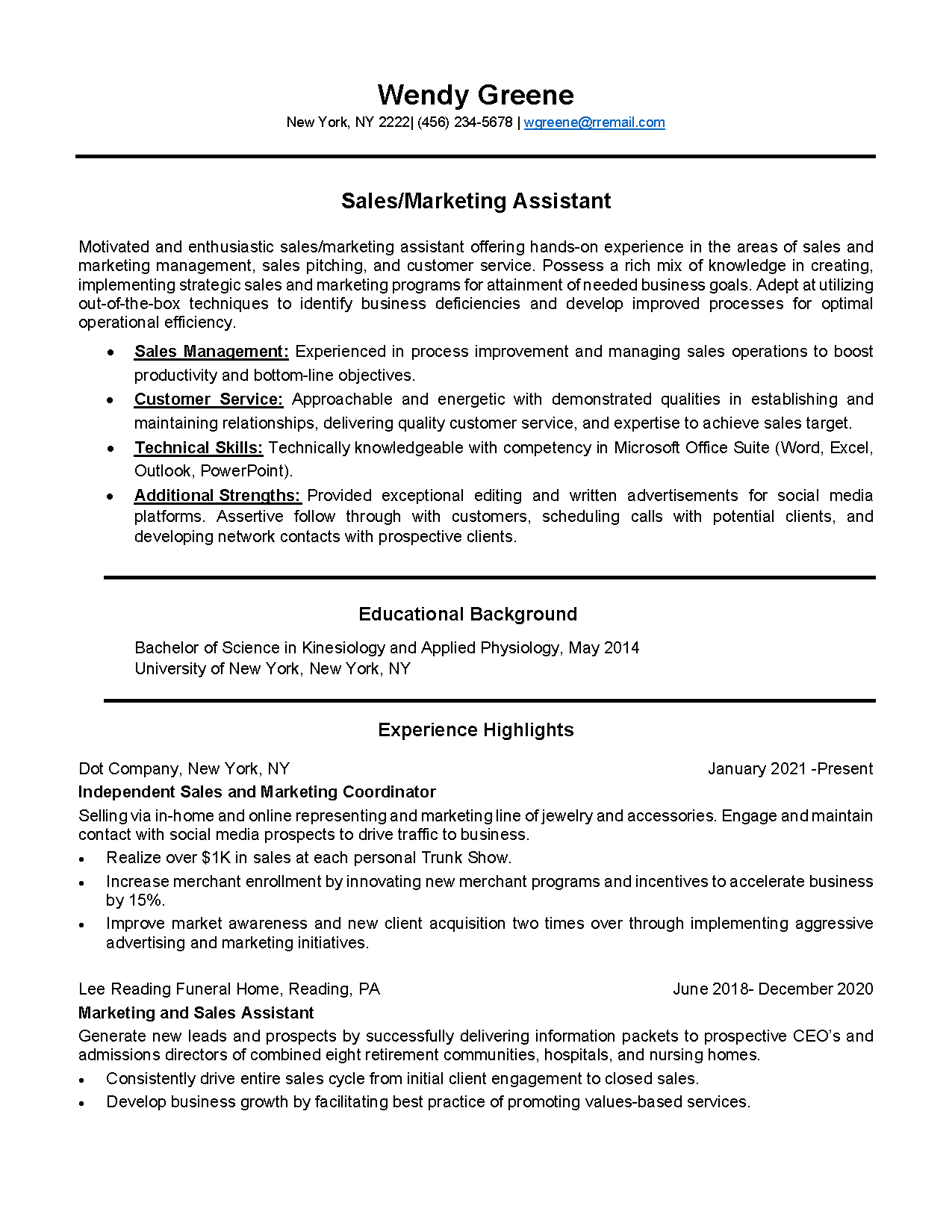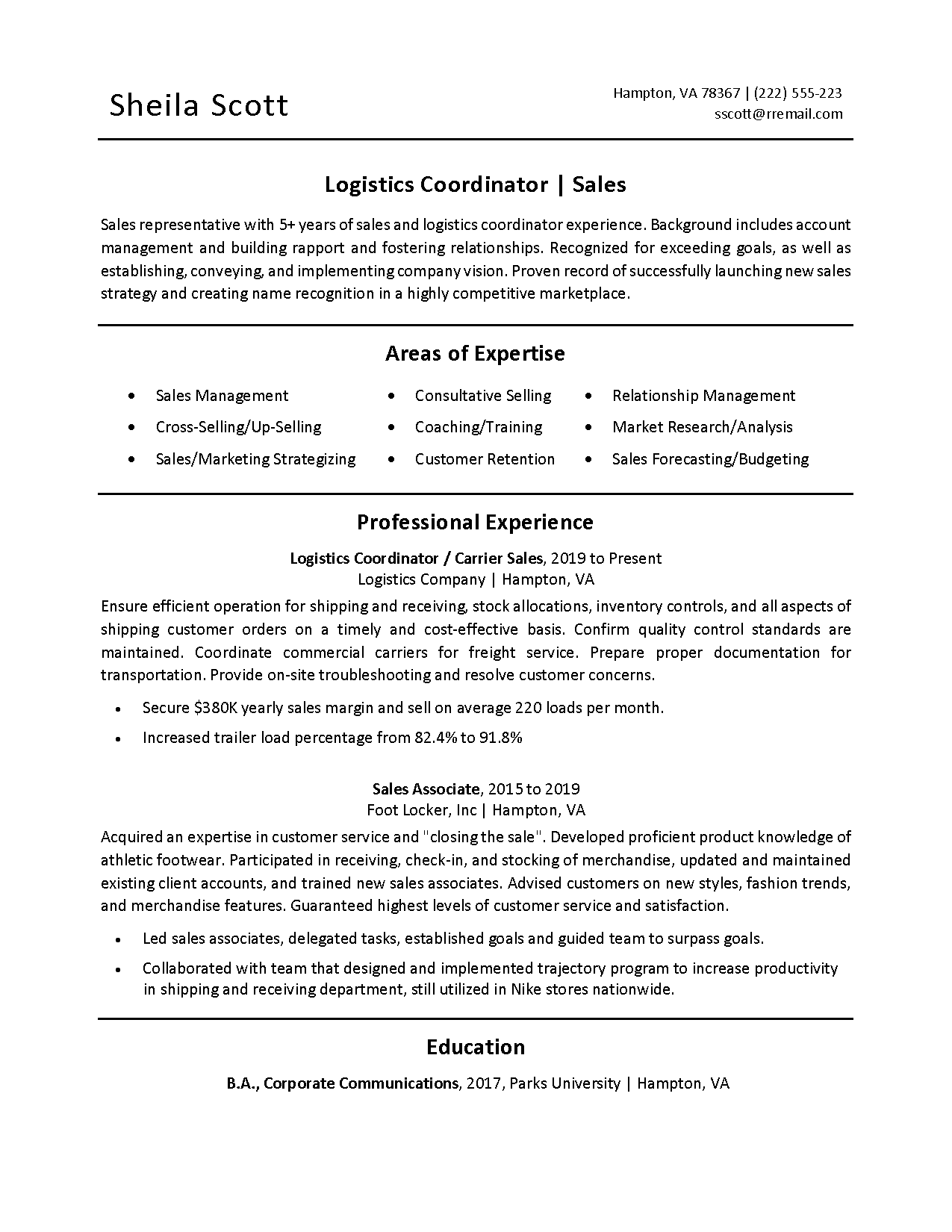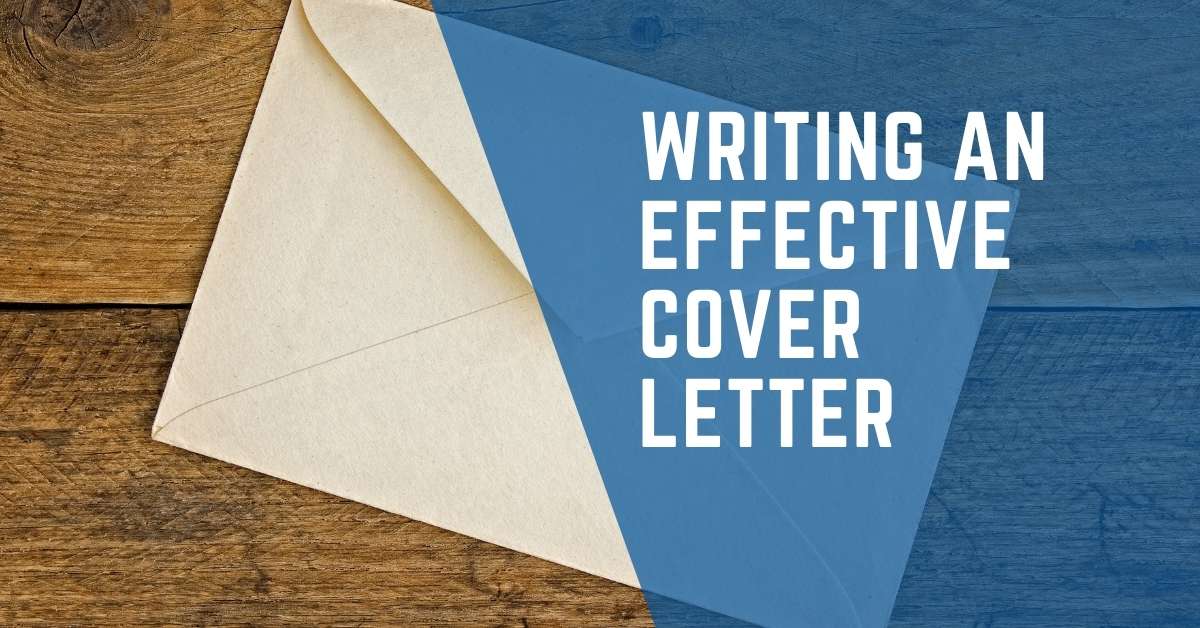
Writing an Effective Cover Letter: Tips and Examples
Writing an effective cover letter is an important step in the job application process. A well-crafted cover letter can help you stand out from the competition and increase your chances of getting an interview. It should be tailored to the specific job you are applying for and should highlight your relevant skills and experience. In this article, we will provide tips and examples to help you write an effective cover letter. We will also discuss the importance of customizing your cover letter for each job you apply for and how to make sure your cover letter is error-free.
How to Craft an Attention-Grabbing Cover Letter Introduction
Your cover letter is your chance to make a great first impression on potential employers. An attention-grabbing introduction is key to making sure your cover letter stands out from the rest. Here are some tips to help you craft an introduction that will capture the reader’s attention.
Start with a strong opening statement. Your opening statement should be concise and to the point. It should explain why you are writing and why you are the best candidate for the job. Make sure to include relevant skills and qualifications that make you stand out from the competition.
Highlight your accomplishments. Use your introduction to showcase your accomplishments and highlight any awards or recognition you have received. This will demonstrate to the employer that you are a high achiever and have the skills and experience necessary to excel in the role.
Be specific. Avoid generic statements and be as specific as possible. Use concrete examples to illustrate your qualifications and explain why you are the best fit for the job.
Be confident. Your introduction should be confident and assertive. Show the employer that you are confident in your abilities and that you are the right person for the job.
By following these tips, you can craft an attention-grabbing cover letter introduction that will make a great first impression on potential employers.
What to Include in Your Cover Letter to Make it Stand Out
1. A strong introduction: Start your cover letter with a compelling introduction that outlines why you are the ideal candidate for the position. Make sure to include your qualifications and experience that make you the best fit for the job.
2. A clear explanation of why you are interested in the position: Explain why you are interested in the position and why you believe you are the best candidate for the job.
3. A demonstration of your knowledge of the company: Show that you have done your research and are familiar with the company’s mission, values, and goals.
4. A summary of your relevant skills and experience: Highlight your relevant skills and experience that make you the ideal candidate for the job.
5. A call to action: End your cover letter with a call to action that encourages the hiring manager to contact you for an interview.
6. A professional closing: Close your cover letter with a professional closing that includes your contact information.
How to Showcase Your Skills and Qualifications in Your Cover Letter
When writing a cover letter, it is important to showcase your skills and qualifications in order to stand out from other applicants. Here are some tips to help you effectively highlight your skills and qualifications in your cover letter:
1. Nail the introduction. Begin your cover letter by capturing the reader’s attention and outlines your qualifications. Make sure you include a statement that full explains why you are the best candidate for the particular job and not just any job in your field. Be specific.
2. Highlight your skills and qualifications. After your introduction, focus on the skills and qualifications that make you the ideal candidate for the job. Make sure to include specific examples of how you have used these skills in the past.
3. Showcase your accomplishments. Include any awards, certifications, or other accomplishments that demonstrate your qualifications. This will help to show the employer that you are a well-rounded candidate.
4. Demonstrate your enthusiasm. Show the employer that you are passionate about the job and the company. Explain why you are excited about the opportunity and how you can contribute to the organization.
How to Tailor Your Cover Letter to the Job Description
When applying for a job, it is important to tailor your cover letter to the job description. This will help you stand out from other applicants and demonstrate to the employer that you are the right fit for the position. Here are some tips for tailoring your cover letter to the job description:
1. Read the job description carefully. Make sure you understand the job requirements and the skills and qualifications the employer is looking for.
2. Highlight the skills and qualifications that match the job description. Focus on the skills and qualifications that you possess that are relevant to the job.
3. Use the same language as the job description. This will show the employer that you have taken the time to understand the job requirements and that you are a good fit for the position.
4. Show how your experience and qualifications make you the ideal candidate. Use specific examples to demonstrate how your experience and qualifications make you the ideal candidate for the job.
5. Personalize your cover letter. Make sure to include the employer’s name and address your cover letter to the hiring manager.
How to Showcase Your Personality in Your Cover Letter
When writing a cover letter, it is important to showcase your personality in order to stand out from the competition. Here are some tips to help you do just that:
1. Start with a story. A great way to introduce yourself and your qualifications is to start your cover letter with a story. This can be a brief anecdote about a past experience or a personal story that relates to the job you are applying for. This will help you to stand out from the crowd and give the hiring manager a better sense of who you are.
2. Show your enthusiasm. It is important to show the hiring manager that you are passionate about the job and excited to be considered for the position. Use language that conveys your enthusiasm and make sure to highlight any relevant skills or experiences that make you a great fit for the job.
3. Be yourself. It is important to be authentic in your cover letter. Don’t be afraid to show your personality and let your unique voice shine through. This will help the hiring manager to get a better sense of who you are and why you would be a great fit for the job.
How to Follow Up After Sending Your Cover Letter
Following up after sending your cover letter is an important step in the job application process. It shows that you are interested in the position and that you are willing to take the initiative to ensure that your application is seen. Here are some tips for following up after sending your cover letter:
1. Send a polite email. After sending your cover letter, send a polite email to the hiring manager or recruiter. Thank them for their time and express your interest in the position. Ask if they have any questions or need any additional information from you.
2. Follow up with a phone call. If you don’t hear back from the hiring manager or recruiter after a few days, follow up with a phone call. Ask if they have had a chance to review your application and if they have any questions.
3. Be persistent but not pushy. It’s important to be persistent in following up after sending your cover letter, but it’s also important to be respectful. Don’t be pushy or demanding.
4. Follow up with a thank you note. After your interview, follow up with a thank you note. This is a great way to show your appreciation for the opportunity and to reiterate your interest in the position.
Conclusion
Writing an effective cover letter is an important part of the job application process. It is an opportunity to introduce yourself to a potential employer and to highlight your skills and qualifications. By following the tips and examples provided, you can create a cover letter that will help you stand out from the competition and increase your chances of getting an interview.

